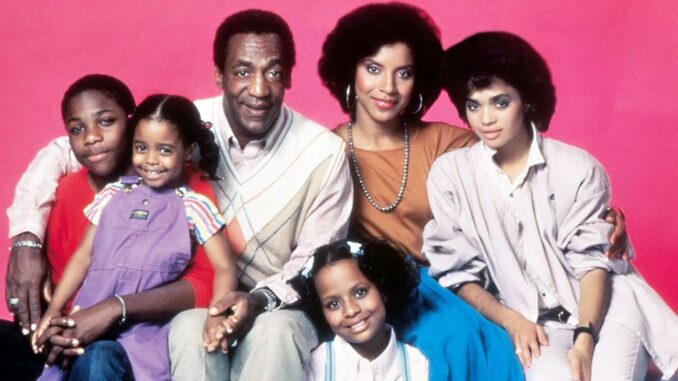
The Unraveling Smile: Why The Cosby Show Became a Cauldron of Controversy
For a generation, the opening notes of The Cosby Show theme song heralded a weekly dose of warmth, laughter, and aspirational family life. The Huxtables – Cliff, Clair, and their five children – were the quintessential American family, only they happened to be Black. Their brownstone in Brooklyn, filled with jazz music, witty banter, and sensible parenting, became a beloved national landmark, shattering stereotypes and redefining mainstream television. Yet, beneath its halcyon glow, The Cosby Show was always a focal point of intense debate, a controversy that began with its very perfection and ultimately imploded under the weight of its creator's devastating crimes.
One primary source of controversy stemmed from the show's idealized portrayal of a Black family. In an era when Black characters on television were often relegated to roles of poverty, crime, or slapstick caricature, the Huxtables were a revelation. Cliff was an affable obstetrician, Clair a sharp-witted lawyer, and their children were well-adjusted, intelligent, and articulate. Their problems were universal – sibling squabbles, college applications, dating woes – not rooted in racial struggle or systemic oppression. This unblemished façade, while empowering for many who saw positive representation, became a lightning rod for criticism. Critics argued that the show presented a "post-racial" fantasy, implying that Black families, if only they worked hard enough, could effortlessly overcome the lingering effects of racism and economic inequality.
Indeed, this very idealism fed into a deeper, more political controversy. During the Reagan era, a period marked by conservative discourse on "welfare queens" and individual responsibility, The Cosby Show inadvertently provided fodder for arguments that downplayed systemic racism. If the Huxtables, with their Ivy League educations and comfortable lifestyle, could achieve such success, then, the argument went, the fault for socio-economic disparity lay not with societal structures but with individual choices. Prominent figures like Jesse Jackson voiced concerns that the show’s escapist vision obscured the pressing realities faced by the majority of Black Americans, shifting focus from institutional barriers to personal failings. It was a comfortable narrative for some, suggesting that racism was largely a thing of the past, and that all it took was personal drive to "pull oneself up by one's bootstraps" – a message that resonated with conservative political agendas but deeply troubled those fighting for racial justice.
However, the controversies of its original run, though significant, pale in comparison to the seismic shift in public perception following the cascading allegations and eventual conviction of Bill Cosby for sexual assault. The man who portrayed the loving, wise, and morally upright Cliff Huxtable was exposed as a serial predator, shattering the very foundation of trust he had built with millions. This revelation was not merely about a celebrity falling from grace; it was a profound cultural betrayal. The Cosby Show, once a symbol of Black excellence and family values, became indelibly tainted. Viewers grappled with the agonizing dilemma of separating the art from the artist. Could one still cherish the laughter and lessons of the Huxtables, knowing the alleged depravity of their patriarch? The show's legacy was retroactively poisoned, its groundbreaking achievements now viewed through a lens of profound discomfort and moral compromise.
Ultimately, The Cosby Show's controversy is a multi-layered tapestry, woven from the threads of its groundbreaking yet idealized representation, its unwitting political implications in a racially charged era, and the cataclysmic betrayal by its creator. What began as a celebration of Black success morphed into a complex symbol, an uncomfortable mirror reflecting both our aspirations and our profound capacity for disillusionment. It stands as a testament to the powerful, often unforeseen, ways in which popular culture can both uplift and inadvertently mislead, and how the personal failings of an icon can forever alter the landscape of beloved art.
